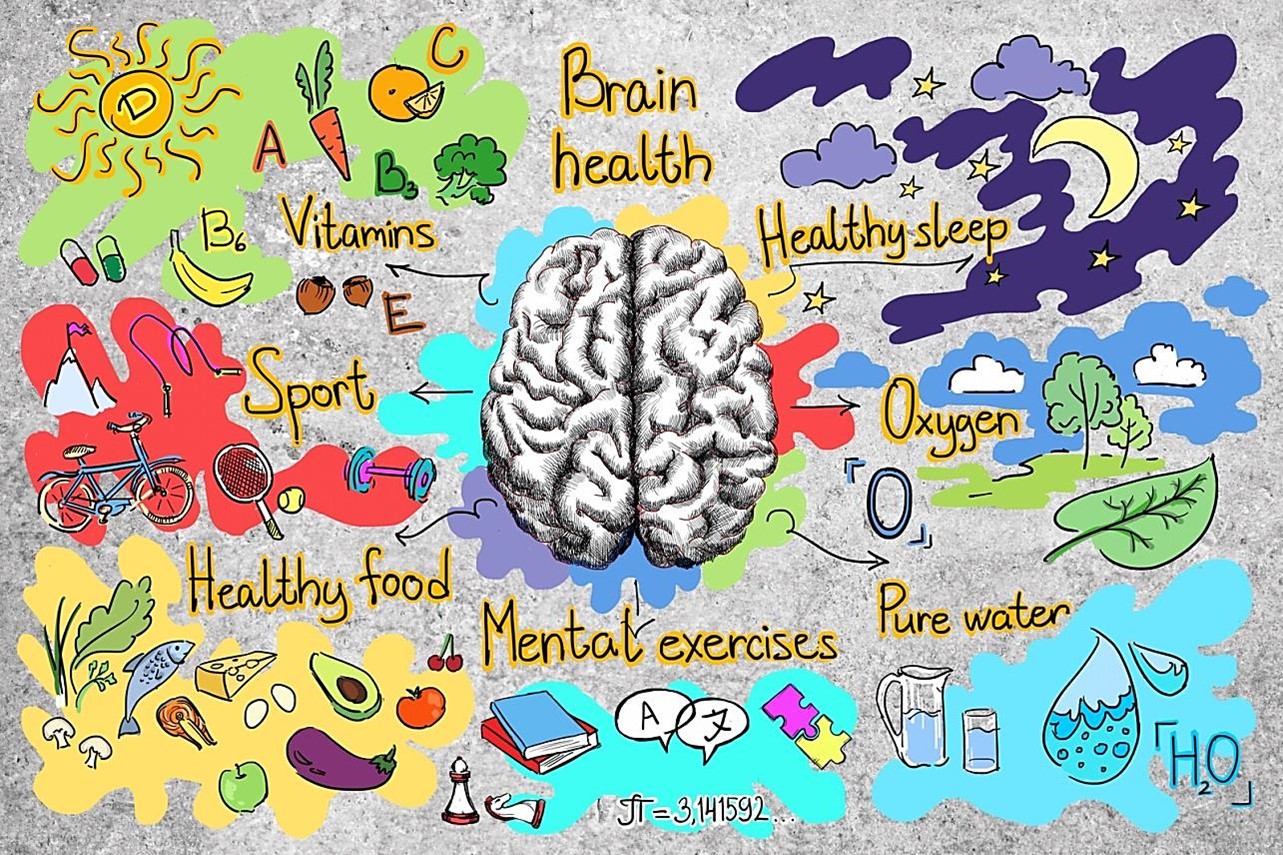This month of Mental Health Awareness, we have looked at how drinking enough water can aid our ability to reduce anxiety and boost our mental wellbeing. In this blog, we focus our attention to the effects dehydration can have on the brain and possible solutions.
*Almost every bodily function relies on water. Because 75% of brain tissue is water, dehydration reduces energy production in the brain and can change brain structure, causing the brain to slow down and not function properly.
At the molecular level, if water levels are too low, our brain cells cannot function properly, with the brain showing signs of working harder to complete tasks.
Our cells recognise a state of dehydration as a threat to survival, leading to a state of anxiety. Serotonin is a neurotransmitter (a chemical messenger between brain cells) that stabilises our mood and regulates emotions. During dehydration, we struggle to get the chemicals required to produce serotonin into our brain.
Being just half a litre dehydrated may also increase the stress hormone cortisol, which has been associated with a range of mental disorders, including anxiety.
Drinking water, maintaining good hydration habits is proven one of the simplest methods to counteract low mood, anxiety and other stresses associated with insufficient water intake.
If you are concerned about the health and well-being of your staff at your establishment or organisation, speak to us at AquAid. From the smallest office space and staff contingent to multinational companies that employ hundreds of staff, AquAid have a drinking water solution tailor-made to suit your requirements.
source* Nikolaij Travica – article at The Conversation

